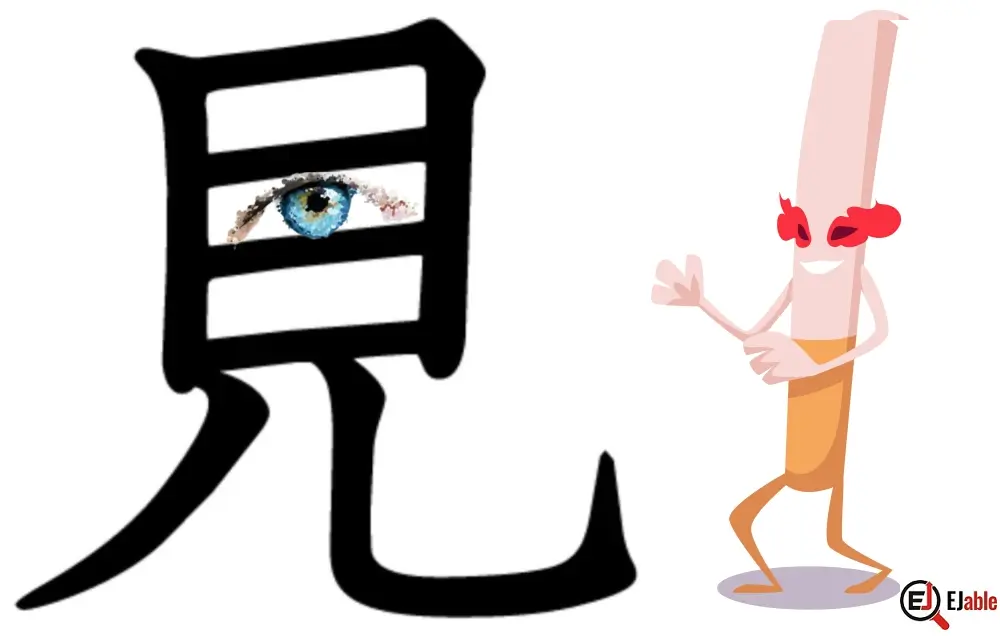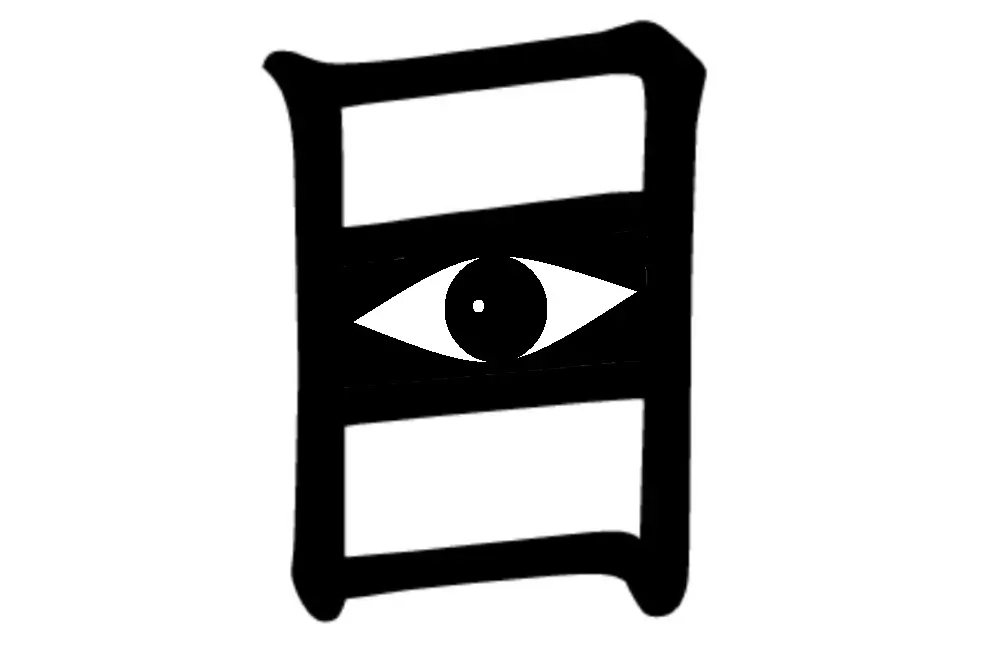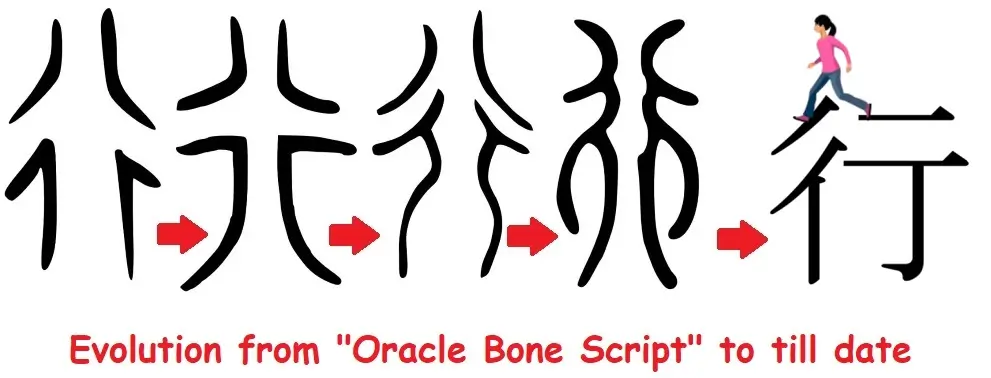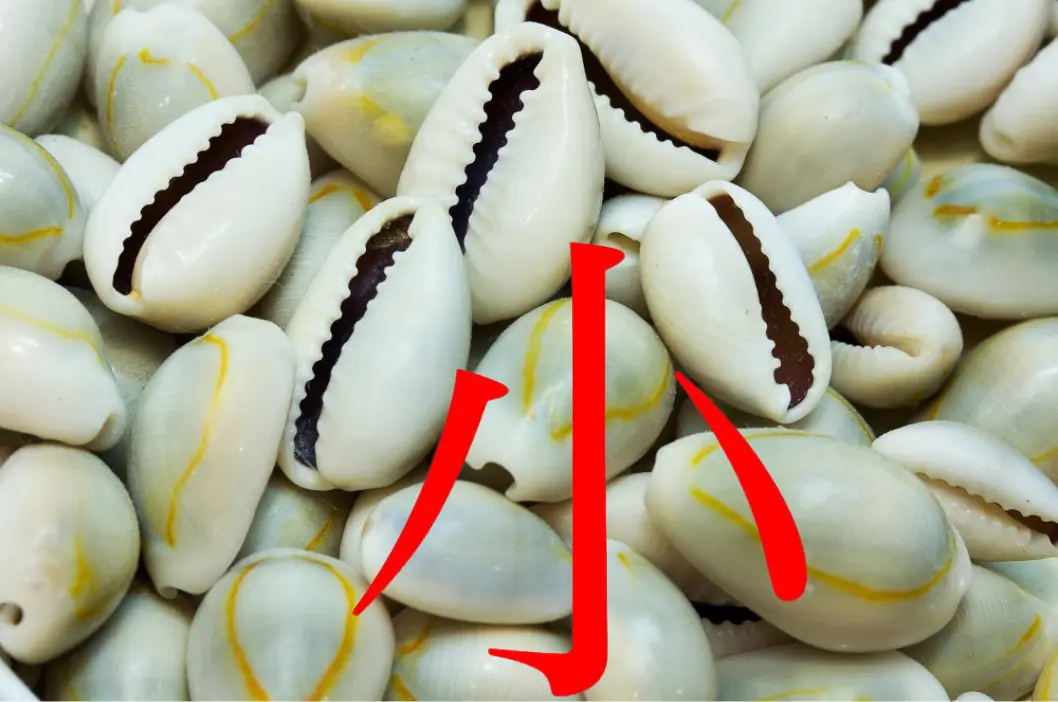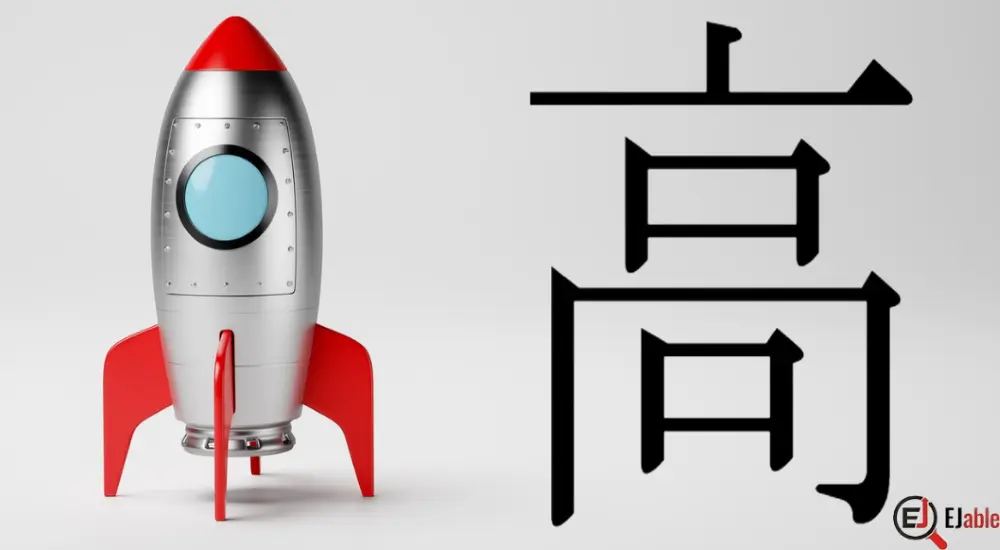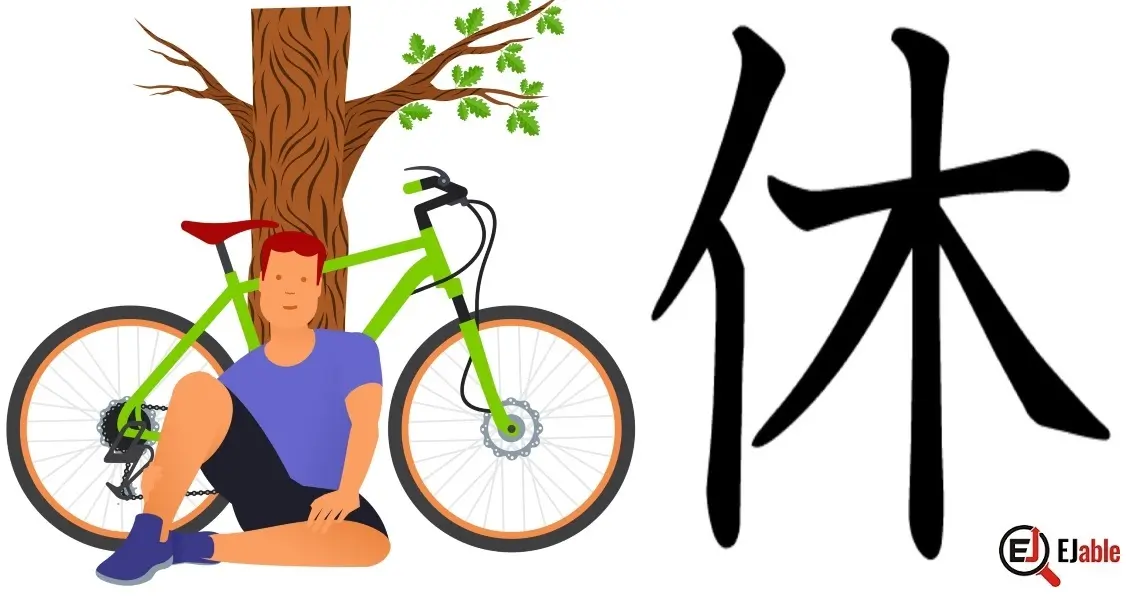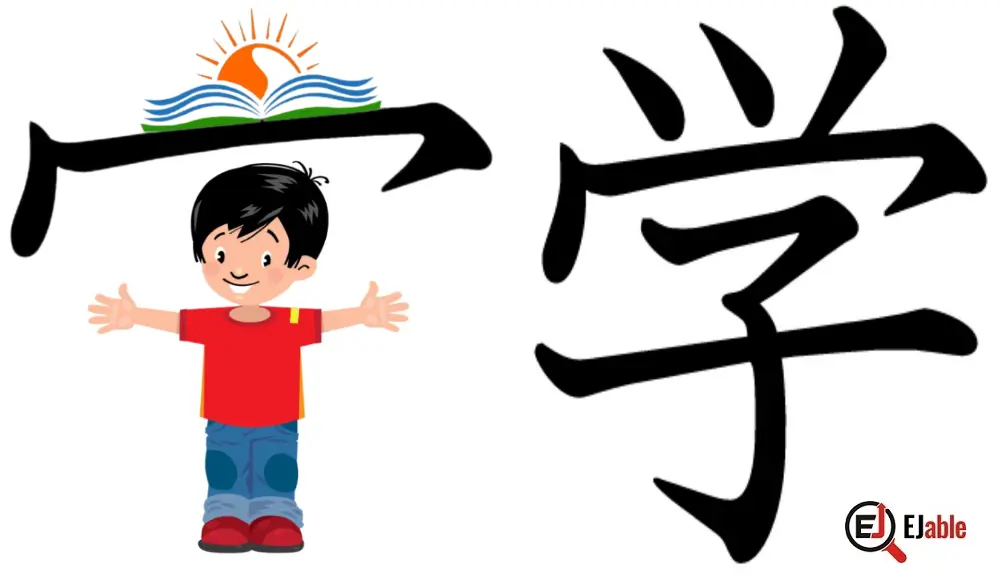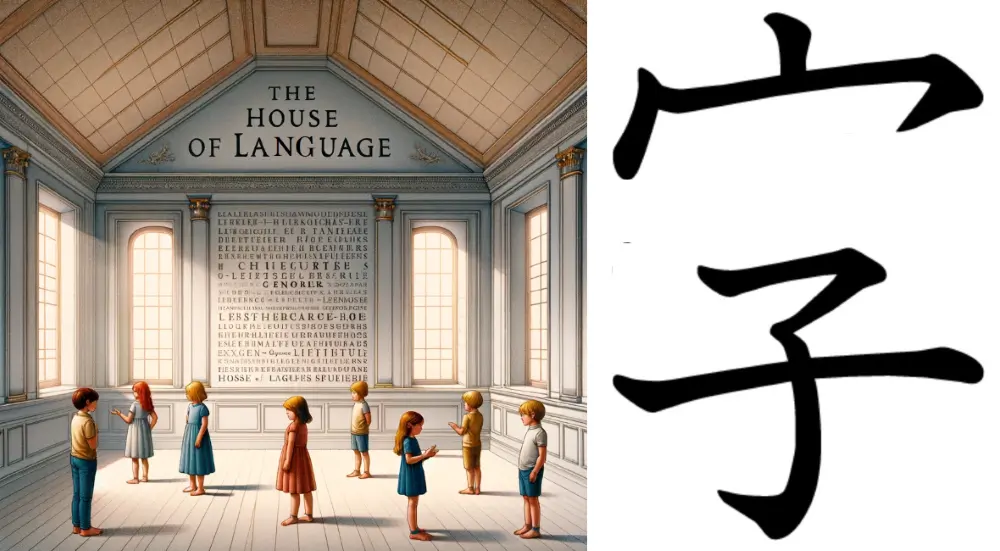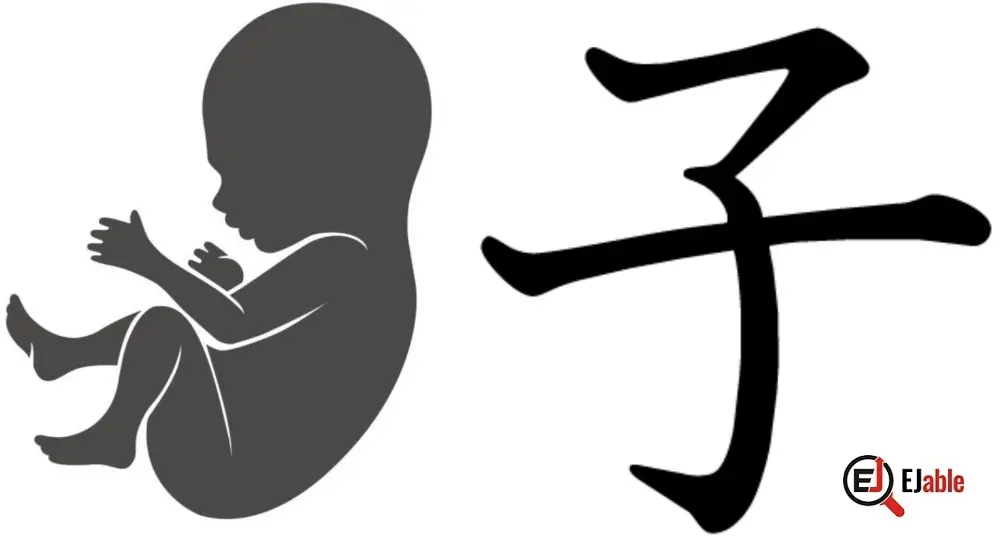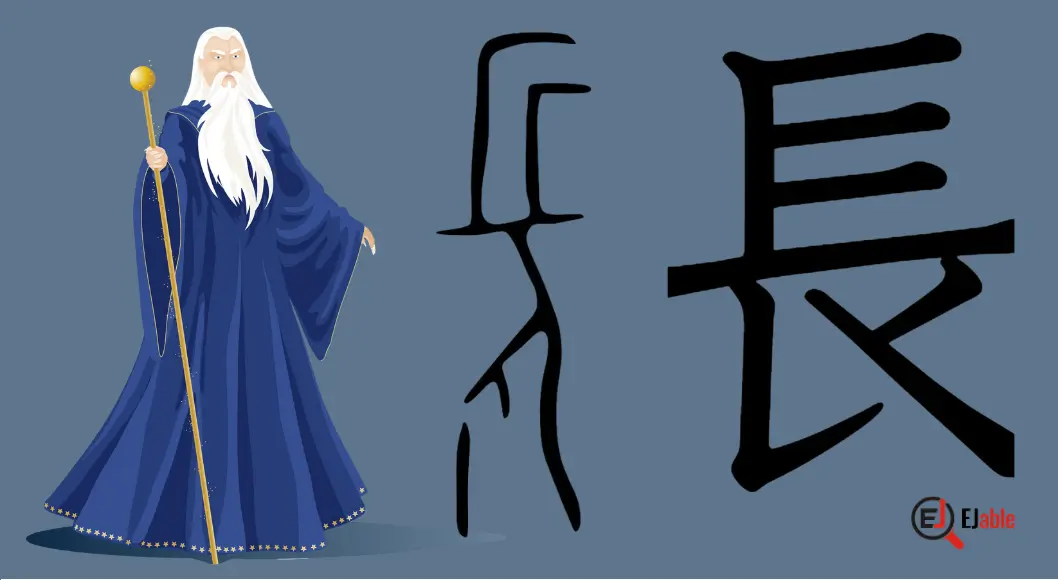Kanji Meaning “See”: 見 (Mi)
The Japanese kanji meaning “to see” or “look at” is 見. The kun’yomi (Japanese reading) pronunciation of the Kanji 見 is “mi” (み), as in words “mi-ru” (み-る) meaning “see,” “mi-seru” (み-せる) meaning “can see,” and “mi-eru” (み-える) meaning “to show.” The on’yomi (Chinese reading) pronunciation of 見 is “ken” (ケン). The Kanji 見 is constructed with 7 strokes. 見
Continue reading
